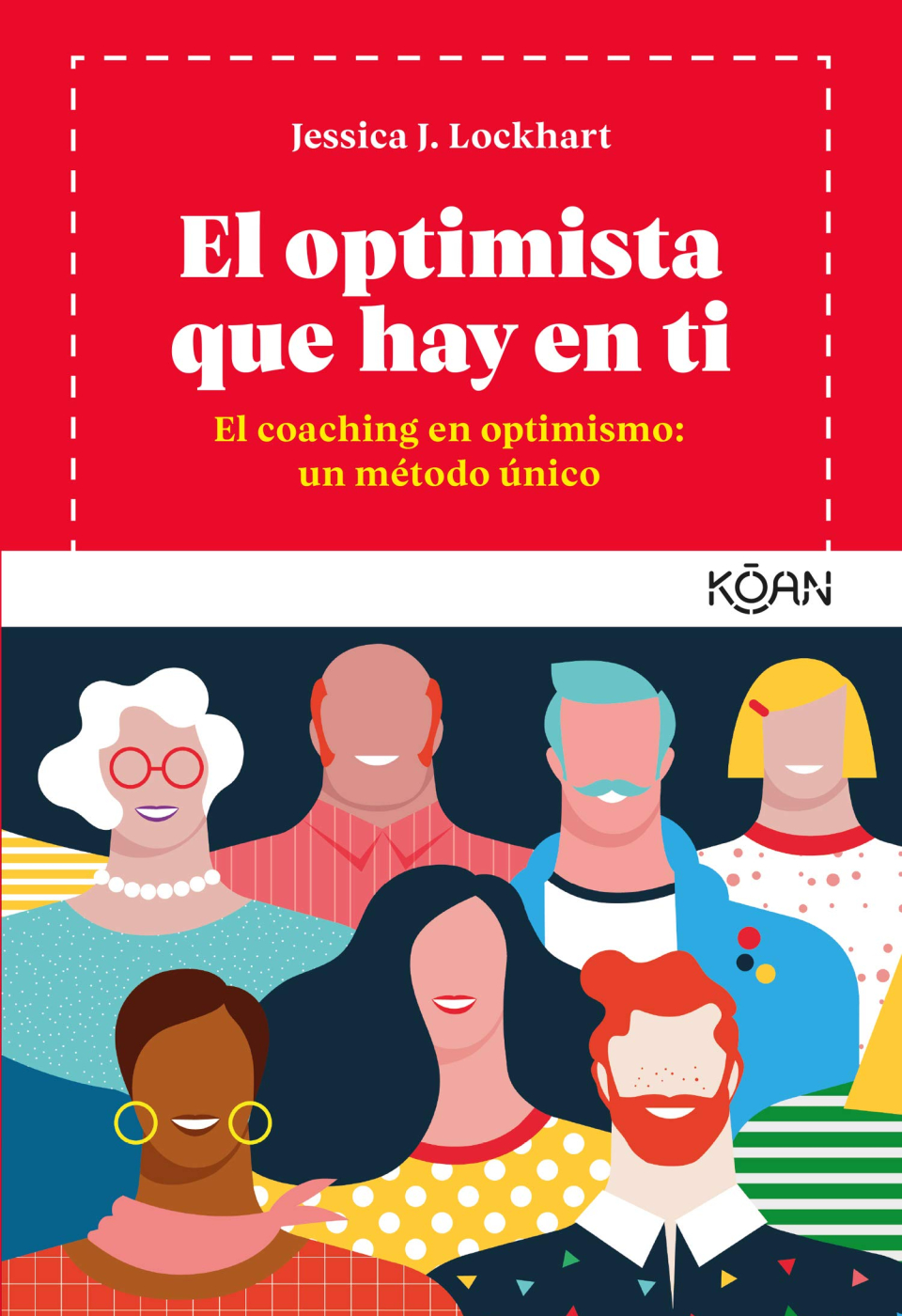Book "The optimist in you".
Being optimistic does not mean being oblivious: it means having an open and hopeful attitude, having self-confidence and the ability to overcome. It does not mean not looking at reality with open eyes, but approaching it positively, calibrating it with serenity, logic and introspection. Nor do optimistic people blindly believe that things will always turn out well: they trust in it and do everything in their power to make it so, facing their fears, looking for the right paths. Faced with every obstacle, instead of blocking and giving up, they examine the best solutions, persevere and, if they do not achieve their goals, they do not sink, but analyze, learn, look for alternatives, move forward. Optimism is their driving force.
The true optimist is:
Rational: when it comes to making decisions, the true optimist is not driven by sheer enthusiasm or by their dreams, without thinking about the risks or the possible disadvantages of their actions.
Courageous: they are fully aware that they cannot rule out failure, but they do not fear it; they know that, even if they do not reach their goal in the end, they will have learned a valuable lesson.
Persevering: when setbacks arise, optimists, far from becoming discouraged, revise their approach to circumstances and their purposes to discover alternative ways, even if they are much more audacious and unusual than the initial ones.
Creative: they analyze problems from different points of view and discover ways, often innovative, to continue advancing towards their goals.
Sociable: all people, apart from deserving respect, are a source of knowledge. Since for them every experience is a learning experience that helps them to improve, building relationships is a valuable opportunity to get to know different ideas and ways of life.
Laugh, smile and cry: just as they give free rein to joy, optimists allow themselves to feel negative emotions, which are inevitable throughout life. They know that they are temporary and, above all, that repressing them is counterproductive, because they have a therapeutic function; for example, crying helps us to expel substances associated with stress from the brain, and only by releasing them do we overcome the circumstances that have caused them.
Assume their mistakes: When they make a mistake or suffer a failure, they look for the origin of these. If they are in circumstances beyond their control or respond to other people's mistakes, they will accept it and move on, perhaps considering new ways to achieve their goals, or perhaps setting new ones. If, on the other hand, they are the ones who have made a mistake, they will not punish themselves or fall into victimhood or despair; they will take note of the lesson learned and take it into account to persevere or face new challenges.
He chooses to be positive: that is why he decides to face life with strength, energy and enthusiasm. He knows that whoever does not make mistakes does not learn, and therefore assumes without fear the risks that may involve each adventure, each goal that is set.
They know when to resign themselves to the inevitable, since it is impossible to control all the factors that affect our lives, and there are situations that do not depend on us, we can do nothing to change or avoid them. Optimistic people know this and accept it.
Never stop dreaming: when a dream is fulfilled, an optimistic person always has others to achieve. Each goal achieved is the springboard to new and stimulating challenges that will allow them to travel unexplored paths and enrich their vision of the world.
Motivation
Motivation is the optimistic attitude focused on a specific goal.
We all need to feel motivated to move forward and improve towards a fulfilling life.
In our body, when we have set a goal and we are moving towards achieving it, our brain releases a substance called dopamine, which fills us with energy and makes us feel good, as well as regulates mood and attention. With each step we take we metabolize this substance, so that we need more of it and that moves us, motivates us to keep moving forward.
Robert Gardner and Wallave Lambert tell us about two types of motivations:
- Instrumental motivation:
- Task or goal oriented.Seeks expansion, growth and achievement of those goals.
- Always looks forward and outward
- Pursuit of goals is the focus of life, above all else.
- Routine is your worst enemy, as it weakens drive and desire
- Integrative motivation:
- This is the motivation of permanence and stability
- Always look inward
- Risk is your greatest enemy, it can even paralyze you.
Yo también he estado antes en el lugar que estás tu ahora. Cuando empecé con mi sueño de montar mi propia Clínica Médica y era el Director Ejecutivo, no sabía cómo cumplir con mis responsabilidades en el trabajo y estar a la vez presente en casa con mi familia. Sin embargo, después de hacer cambios en mi productividad, establecimiento de objetivos y liderazgo, pude llevar a mi empresa hacia adelante superando una recesión económica en la que estaba inmerso el país y obtener resultados positivos; y todo ello mientras llegaba a casa a tiempo para cenar con mi familia cada noche.
Ahora enseño los mismos principios que ayudaron a mi liderazgo, junto a mi equipo, aquí en CIME Academy.
If you want to know more about our training proposal in aesthetic medicine, we encourage you to contact us. We will solve your doubts and advise you on what you need.
Dr. Manuel Rubio Sanchez
aesthetic doctor




